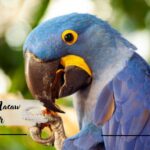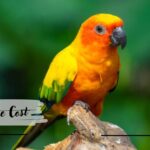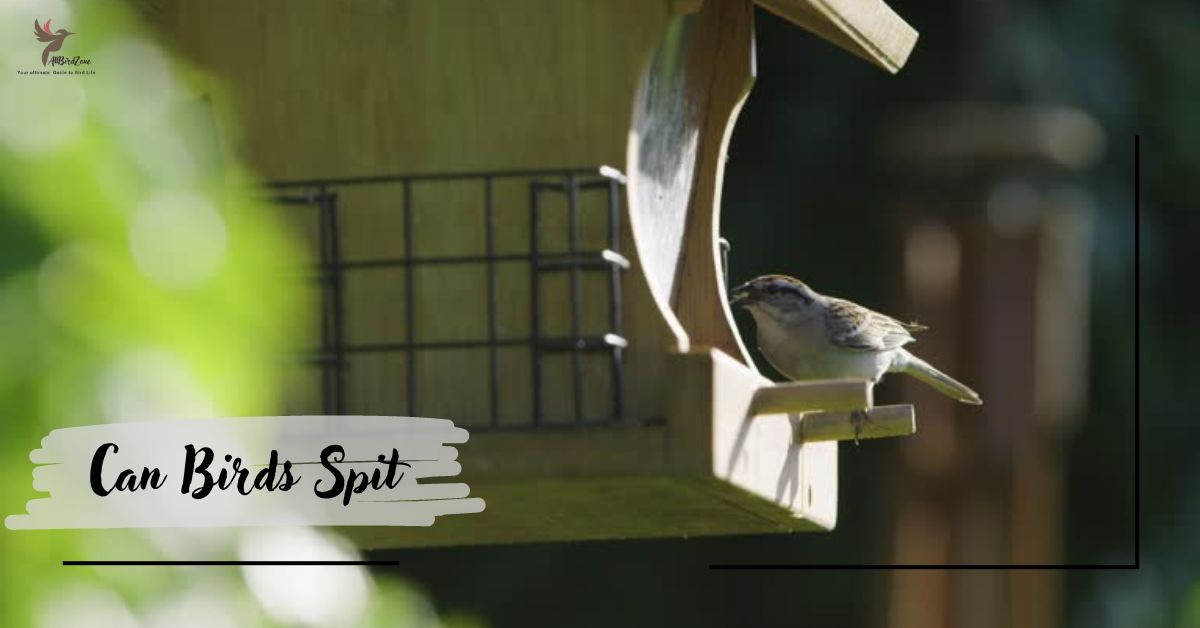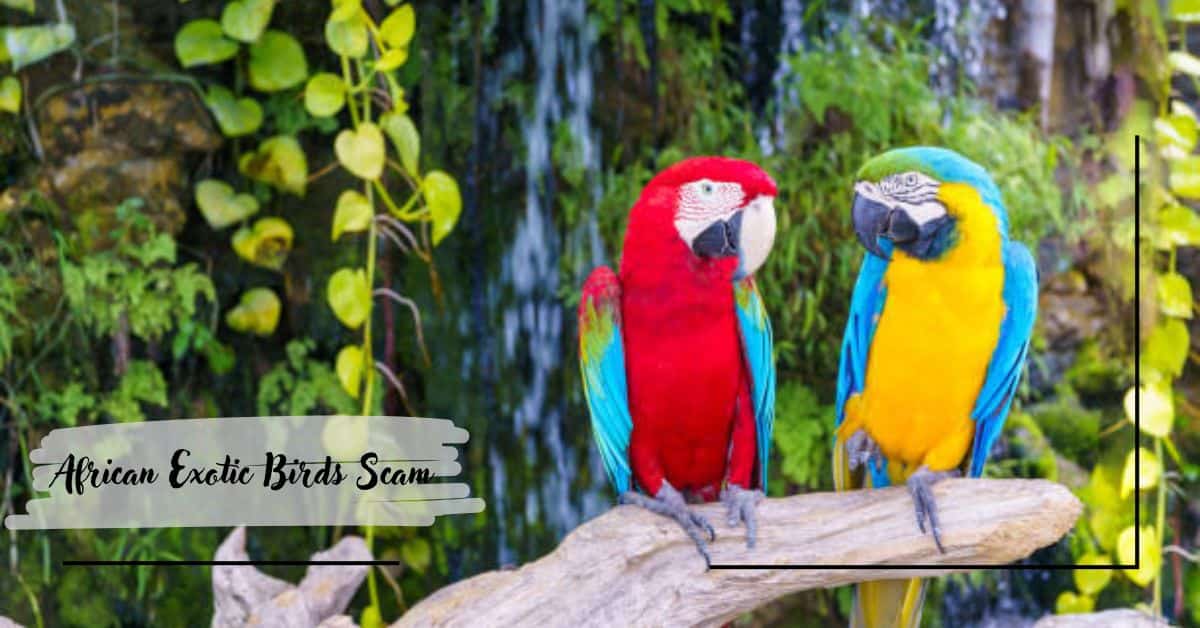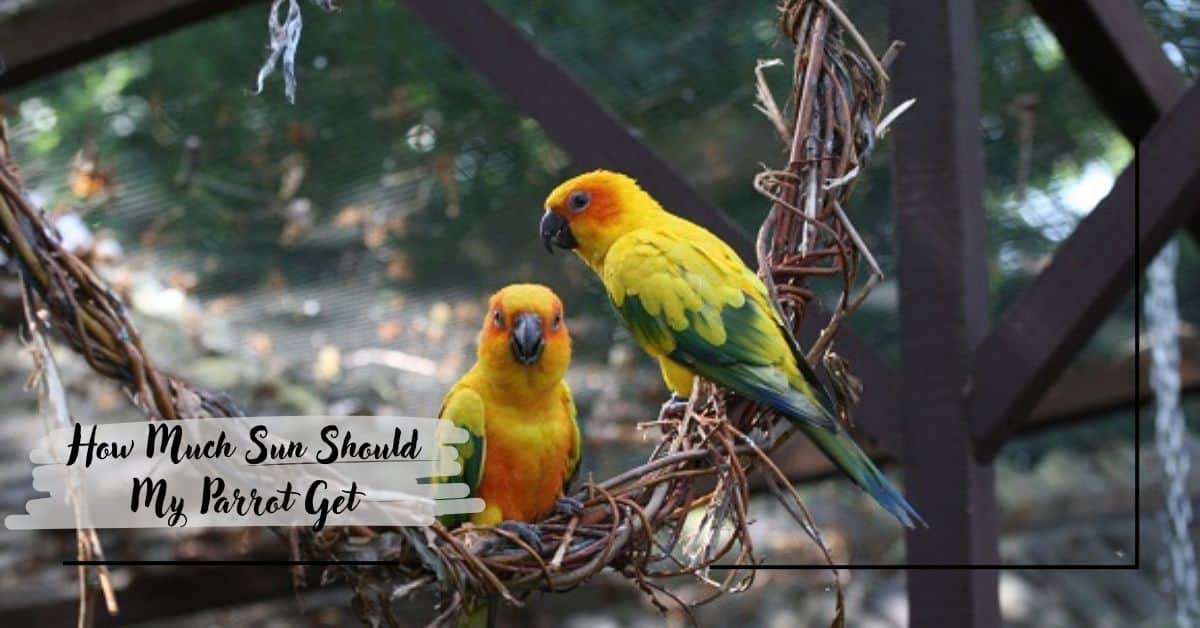Can Birds Spit? I used to wonder if birds could spit like humans. One day, while watching birds build their nest, I saw them use their saliva to stick twigs and feathers together. It was amazing to see that they don’t spit like we do. Instead, they use their saliva in clever ways to help build strong nests and make food easier to swallow. This made me appreciate how smart and adaptable birds really are.
Birds cannot spit like humans. Instead, they use their saliva in practical ways, such as building nests and aiding digestion. Their saliva helps bond nest materials and makes food easier to swallow, playing a crucial role in their survival.
What Is “Birds Spit”?
The term “birds spit” can be a bit misleading because birds don’t actually spit in the way humans do. Instead, birds produce saliva, which is a liquid secreted by glands in their mouths. This saliva has different functions than spitting. Birds use saliva mainly for digesting food and building their nests. When birds eat, their saliva helps moisten and break down food, making it easier to swallow. Additionally, birds use saliva to help stick twigs and feathers together when constructing their nests. Unlike humans who can spit forcefully, birds do not have the physical ability to spit in the same way. Instead, their saliva is a versatile tool used mainly for internal purposes and nest building rather than for spitting.
What Is Bird Saliva Used For?
Nest Building:
Birds use their saliva to help build and shape their nests. They mix saliva with twigs, feathers, and other materials to create a strong and secure home. The saliva acts like a natural glue, making the nest more stable and able to withstand various weather conditions.
Food Digestion:
When birds eat, their saliva helps moisten the food. This makes it easier for them to swallow and digest. Although birds don’t produce a lot of saliva, the small amount they do produce is essential for breaking down food in their mouths before it moves to the stomach.
When Do Birds Use Saliva?
Nest Construction:
Birds use saliva primarily when building their nests. This usually happens during the breeding season when they are preparing a safe place for their eggs and chicks. They apply saliva to help hold the nest materials together.
Feeding:
Birds also use saliva when feeding their young. Parents regurgitate food mixed with saliva to their chicks, which helps to soften the food and make it easier for the young birds to eat.
How Do Birds Produce and Use Saliva?
Salivary Glands:
Birds have special glands in their mouths that produce saliva. They have three main salivary glands that help with the production of saliva. Some birds have additional glands for specific purposes. Saliva is produced at the back of the mouth and is used when needed for various tasks.
Regurgitation vs. Spitting:
Unlike humans, birds don’t spit saliva forcefully. Instead, they regurgitate food mixed with saliva to feed their young or help with digestion. Regurgitation is a different process where birds bring up partially digested food from their stomachs, whereas spitting involves ejecting liquid from the mouth.
Which Birds Use Saliva Most Effectively?
Pigeons and Doves:
These birds are known for using saliva to help build their nests. They create a kind of “nest glue” with their saliva, which helps secure twigs and feathers together. This makes their nests more durable and better protected.
Parrots and Crows:
Parrots and crows also use saliva, though in different ways. Parrots use saliva to help swallow food, while crows may use it during feeding or social interactions. They don’t spit, but their saliva plays a role in their feeding behaviors.
Myth Busting – Do Birds Actually Spit?
Many people think that birds can spit like humans, but that’s not true. Birds don’t have the ability to spit out saliva forcefully. Instead, they use their saliva in practical ways that help them survive, such as building nests and feeding their young. Birds’ saliva helps them digest food and create strong nests, but it’s not used for spitting. Unlike mammals, birds use their saliva internally for important functions rather than expelling it from their mouths.
Frequently Asked Questions:
Can birds produce saliva for other purposes besides nest building and digestion?
Yes, birds may use saliva for other reasons, such as protecting their beaks from dry conditions or helping to catch and store food. Some birds might use saliva to coat their food to make it easier to handle.
Do all bird species have the same type of saliva?
No, the type of saliva can vary between species. For example, some birds might have thicker saliva for specific purposes, like trapping insects, while others have thinner saliva for different needs.
How do birds keep their beaks clean if they don’t spit?
Birds keep their beaks clean through regular preening. They use their beaks to groom themselves and remove debris or parasites, which helps keep their beaks and feathers in good condition.
Can bird saliva help in the healing process of injuries?
There is limited evidence that bird saliva has healing properties. However, some birds may use saliva to protect and soothe minor injuries on their beaks or around their nests.
Do baby birds produce saliva differently from adult birds?
Baby birds might produce saliva differently because they need it for feeding and digestion at an early stage. Their saliva is important for processing the food their parents provide. As they grow, their saliva production and use become more like that of adult birds.
Conclusion:
While birds don’t spit like humans, they make clever use of their saliva for important tasks like building nests and helping with digestion. Their saliva plays a vital role in their daily lives, from creating strong nests to making food easier to swallow. Understanding how birds use their saliva helps us appreciate the unique ways they adapt and thrive in their environments.


